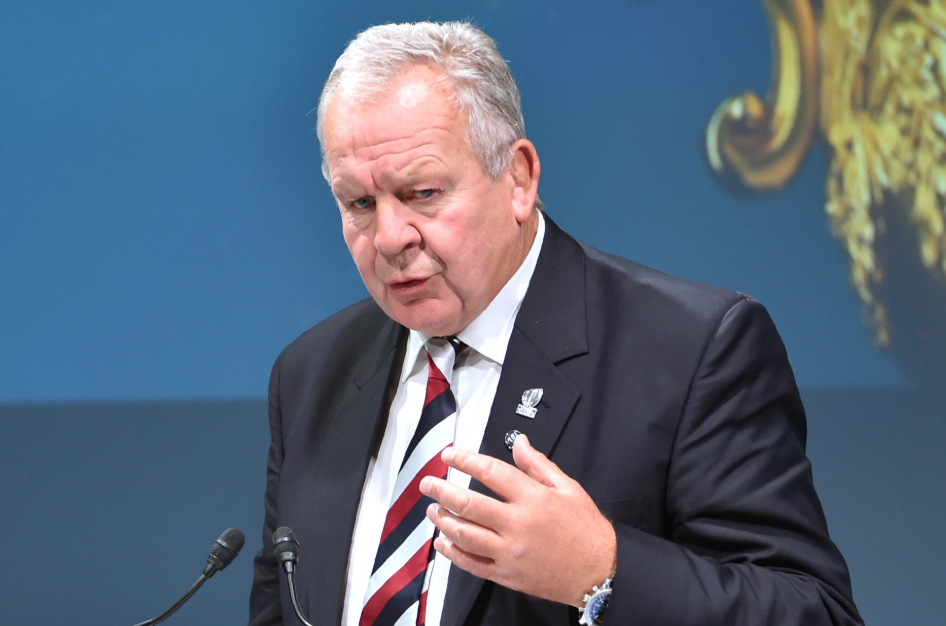World Rugby is reportedly set to announce a series of law changes that will come into effect at all levels of the game from 1 August, including the 50/22 rule.
READ: Terblanche backs Steyn to boost Boks in Lions series
According to reports in the Sydney Morning Herald, World Rugby will approve the 50/22 and goalline dropout laws, inspired by Rugby League, for use in all competitions around the world.
The two law variations were first introduced by Australia in Super Rugby AU and later Super Rugby Trans-Tasman and take inspiration from Australia’s National Rugby League (NRL). They have since reportedly been approved by World Rugby’s executive council and will be trialled for one year.
The 50/22 law means that if a player kicks the ball from their own half into touch within the opposition’s 22, then the attacking team will receive a lineout.
With the goalline dropout law, if the ball is kicked into the try area and dotted down by the defending side, instead of a 22m dropout they will now have one from the tryline. It also means that if the ball is held up over the line in the act of scoring, instead of a five-metre scrum to the attacking team, it will now be a turnover and dropout for the defending side.
The other law variation pushed for by the Australians was the 20-minute red card. World Rugby has, however, not approved this law variation as it was deemed to be in contrast to its intentions to protect player welfare. France and England were reportedly the key drivers behind blocking this law.
ALSO READ: Gatland’s coaching gives the British & Irish Lions challenge in SA substance
Australia, however, has not given up and is understood to be pushing to have the 20-minute red card law variation in place for the upcoming Rugby Championship. Sanzaar is set to hold a meeting on Thursday to discuss the proposed law changes.
Rugby Australia chair Hamish McLennan has been a key driver of the law changes, which he claims are imperative to the sport’s future.
‘We absolutely have to modify the rules and make it a differentiated product for television. I think the broadcasters will possibly re-engage if we do that. The scrums currently take too long and we want more playing time.’
It is understood that New Zealand is less enthusiastic about the law changes than Australia.





